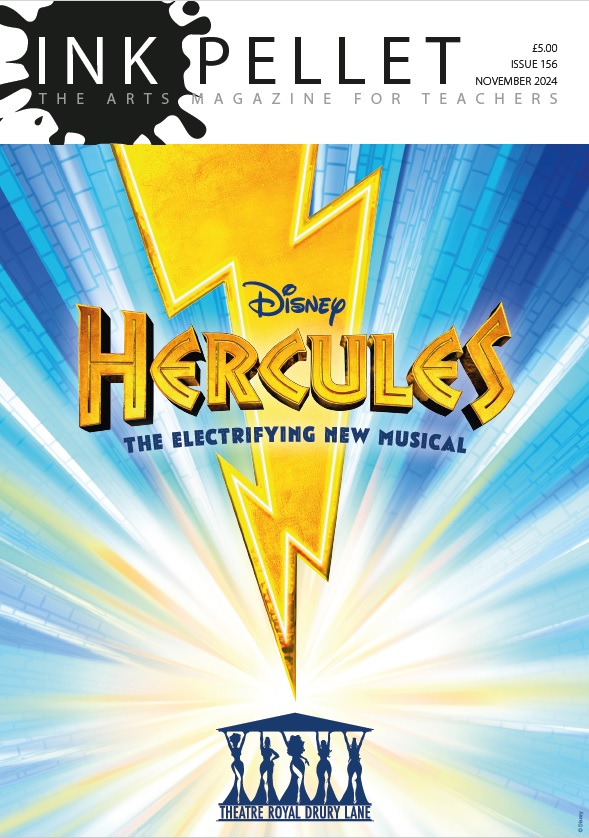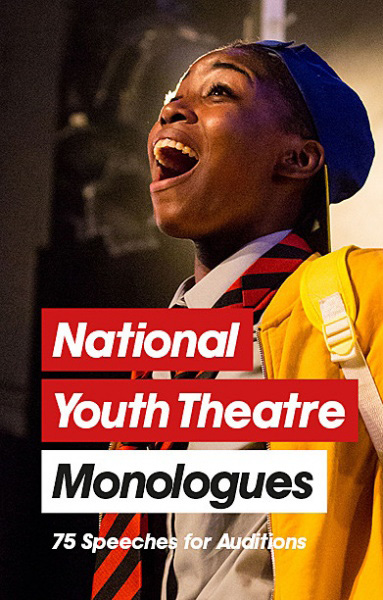National Youth Theatre Monologues: 75 Speeches for Auditions
Edited and introduced by Michael Bryher
Published by Nick Hern Books
Whether you’re auditioning for a part in a show, for drama school or for entry to an organisation like National Youth Theatre it can be very difficult – given inexperience and, maybe, lack of informed up-to-date advice – to find exactly the right piece. You need something well written, probably gender and age appropriate which enables you to show the very best that you can do.
Here experienced director Michael Bryher, himself a former NYT member who went on to train at LAMDA, has identified seventy-five interesting possibilities some of which audition panels won’t have heard hundreds of times before. One powerful speech by Freddie and one by Diane, for example, from Evan Placey’s Consensual, the current NYT revival of which we review on p24 of this issue of Ink Pellet. I’m pleased to see the inclusion of a piece from Dan Reballato’s 2005 play Outright Terror Bold and Brilliant about the London bombings too.
Other writers whose work is represented include James Graham, Rebecca Lenkiewicz, Michael Arditti and Carol Ann Duffy. Most of the seventy-five pieces date from the last 20 years or so, but Arnold TS Eliot, Arnold Wesker and Sophocles are, for example, present too. It’s a pretty eclectic selection.
The advice is that the auditionee should always have read the rest of the play and that’s partly why each monologue is preceded by three pages of support information, including where you can find the full text, a section about the playwright and the production history of the piece. The “Things to Think About” box will help some auditionees to marshal their thoughts and the basic facts about the sex, age, accent and so on of the character along with a scene summary are all a good starting point.
It’s a useful book for anyone at the start of his or her journey towards an acting career. Apart from anything else all those extracts could, in addition to their audition potential, act as a spur to encourage the reading of more plays and that’s always a bonus.
Review by Susan Elkin



